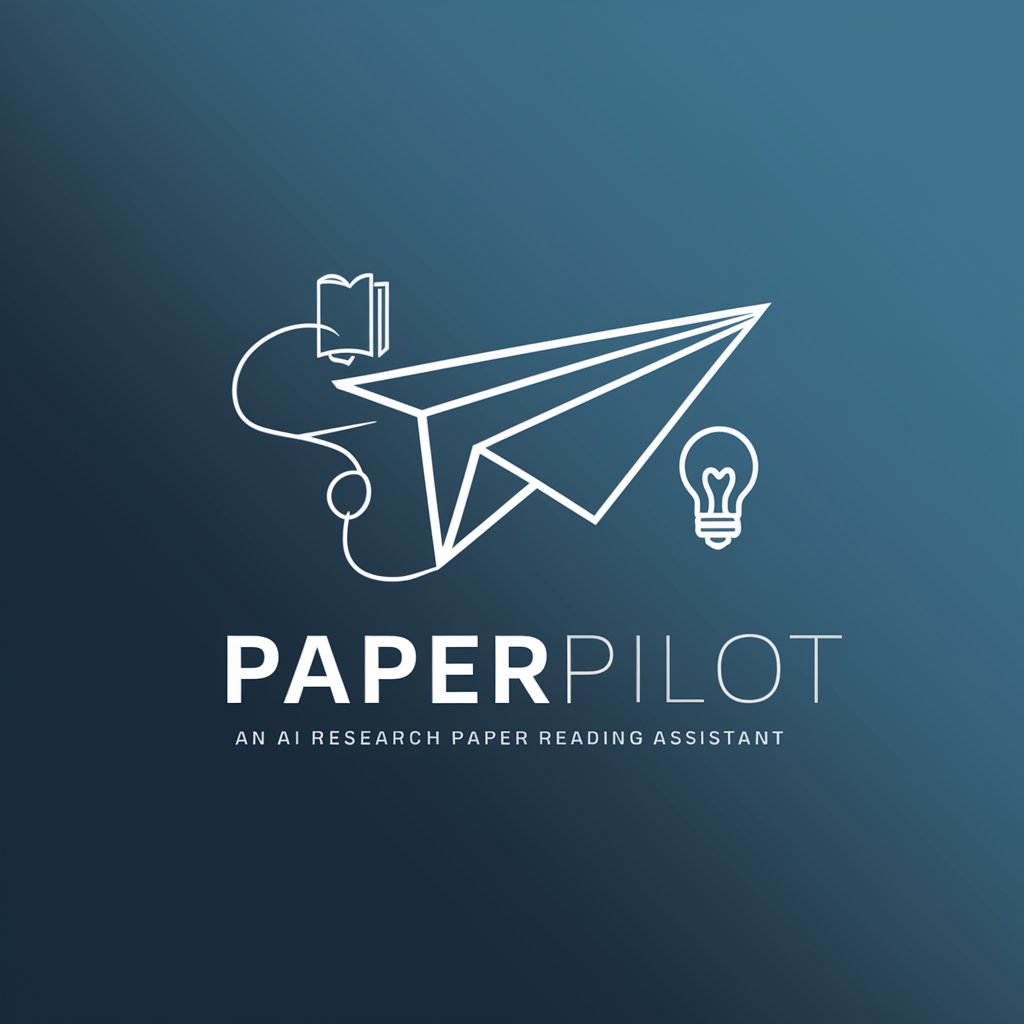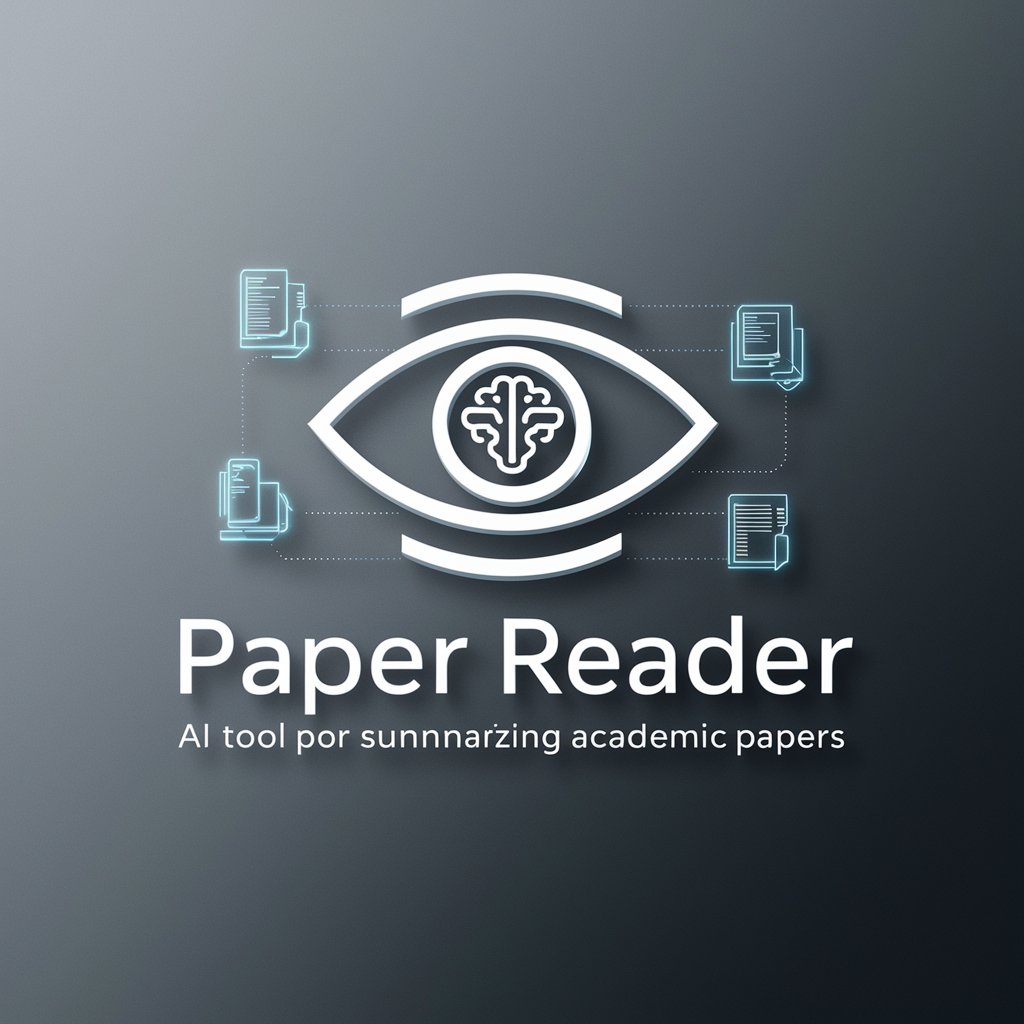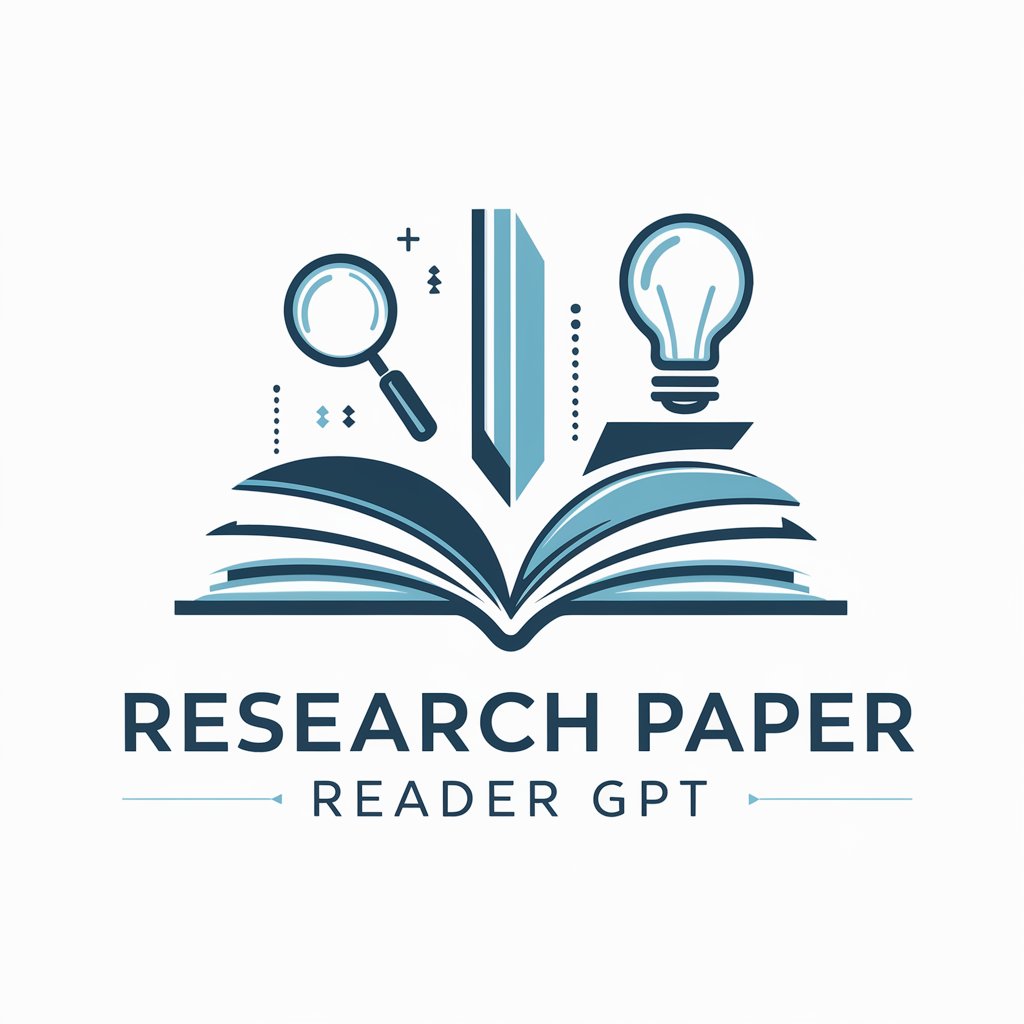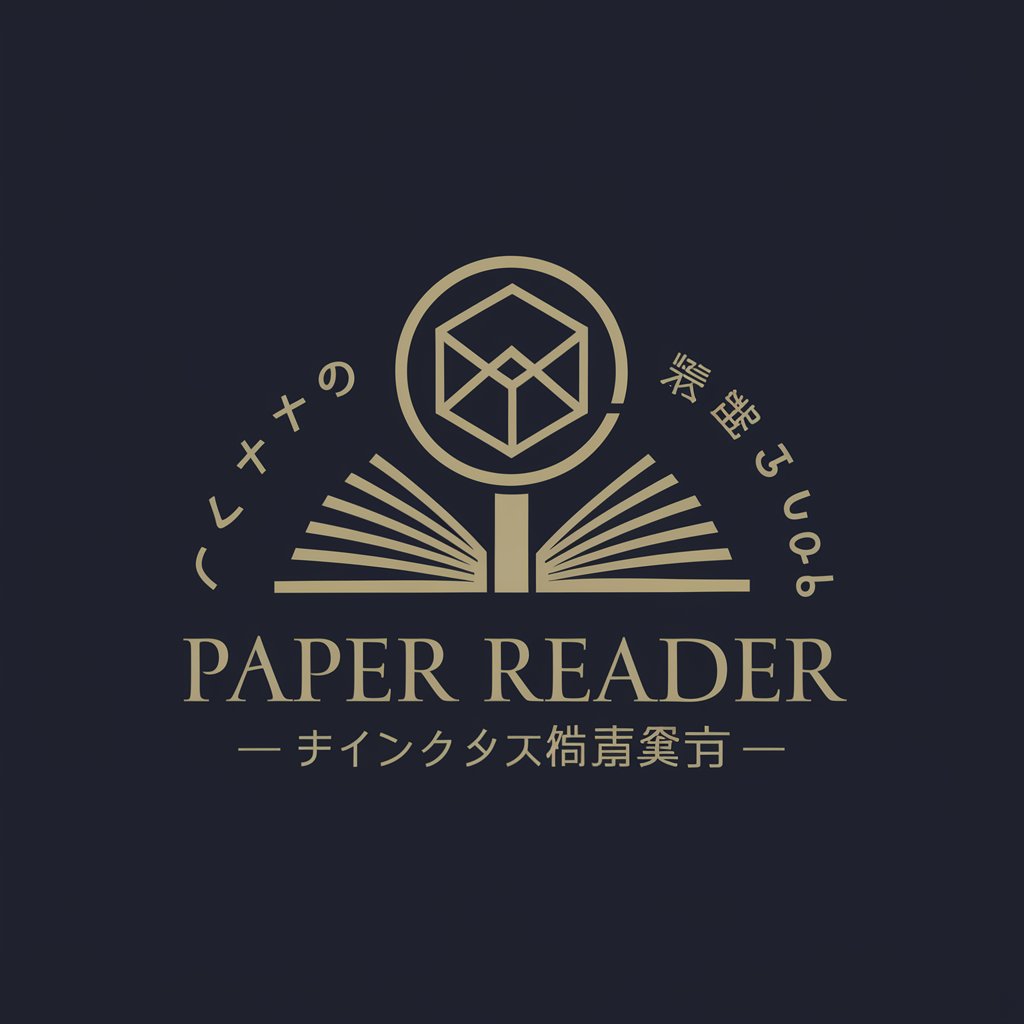
Paper Reader - Academic Insights Tool

您好,我是 Paper Reader,您的心磁图研究助手。
Unlocking Deep Learning and Signal Insights
请解释这篇心磁图领域论文的核心内容。
我需要理解这篇关于机器学习的论文。
如何在心电图分析中应用深度学习?
介绍一下脑电图特征提取的最新研究。
Get Embed Code
Introduction to Paper Reader
Paper Reader is a specialized GPT model designed to read and analyze academic papers, particularly in the fields of magnetoencephalography (MEG), machine learning, and deep learning. It assists users in summarizing and understanding feature extraction methods in literature related to signal processing, electrocardiograms, electroencephalograms, and magnetic field studies. By employing techniques like time-domain and frequency-domain analysis, Paper Reader aids in the interpretation of complex datasets. This model is crafted to support users seeking deep insights into feature extraction techniques within the MEG field, especially when applying machine learning and deep learning approaches to address these challenges. An example scenario might involve a researcher trying to decipher the signal processing techniques used in a new study on brain activity patterns, where Paper Reader can provide an accessible summary and interpretation of the methodologies and their implications. Powered by ChatGPT-4o。

Main Functions of Paper Reader
Summarization of academic papers
Example
Summarizing a complex MEG study, highlighting key feature extraction techniques and results.
Scenario
A student working on their thesis may use Paper Reader to understand the core concepts of a dense academic paper on MEG signal analysis.
Analysis of methodologies
Example
Explaining the advantages of using wavelet transforms over Fourier transforms in EEG signal processing.
Scenario
An engineer developing a new brain-computer interface might consult Paper Reader to decide on the most effective signal processing technique for their project.
Interpretation of data analysis techniques
Example
Interpreting the results of deep learning models applied to ECG data for predicting heart diseases.
Scenario
A medical researcher can use Paper Reader to understand how deep learning techniques have been applied in recent studies to predict cardiovascular diseases from ECG signals.
Ideal Users of Paper Reader Services
Academic researchers
Researchers in fields such as neuroscience, biomedical engineering, and computational biology would find Paper Reader invaluable for navigating and understanding the vast amount of literature on signal processing and machine learning in their domains.
Students
Students pursuing advanced degrees in fields related to MEG, EEG, ECG, and machine learning can use Paper Reader to enhance their literature review process, making it easier to grasp complex methodologies and findings.
Industry professionals
Professionals working on developing medical devices, brain-computer interfaces, or algorithms for interpreting physiological signals would benefit from Paper Reader's ability to quickly summarize and analyze cutting-edge research, informing development and innovation.

How to Use Paper Reader
Start with YesChat
Access a free trial at yeschat.ai without needing to log in or subscribe to ChatGPT Plus.
Identify Your Needs
Determine the specific areas within magnetoencephalography, machine learning, or deep learning where you need assistance with literature review or feature extraction techniques.
Prepare Your Query
Formulate a clear, detailed question or describe the academic paper's aspects you need help with, focusing on signal processing, ECG, EEG, or magnetic fields.
Engage with Paper Reader
Input your query into Paper Reader and provide any necessary context or specifications related to your research focus.
Review and Analyze
Examine the provided summaries, analyses, or explanations. Utilize the insights for your research, ensuring to cross-reference with the original papers when possible.
Try other advanced and practical GPTs
套磁助手
Tailor your academic journey with AI
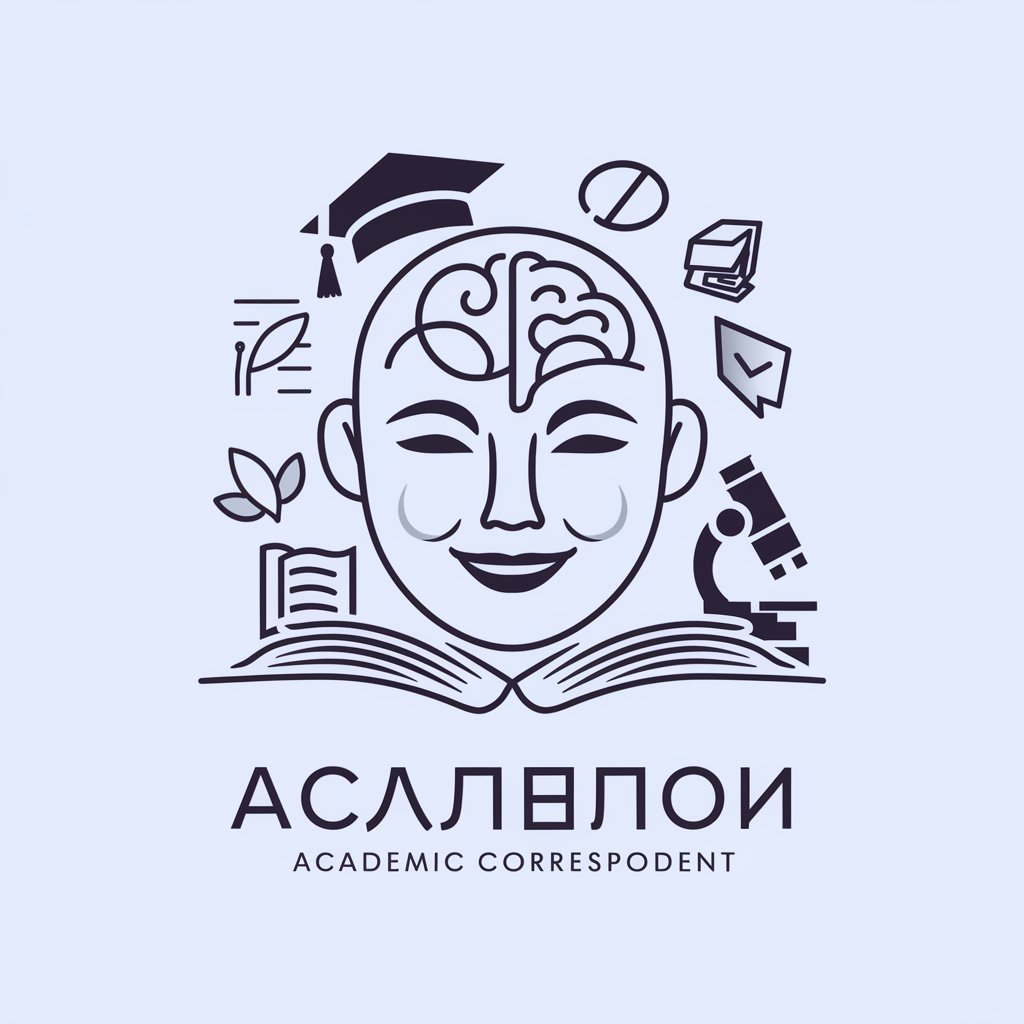
磁极数学改写(Mathematical rewriting)
Simplifying Math with AI
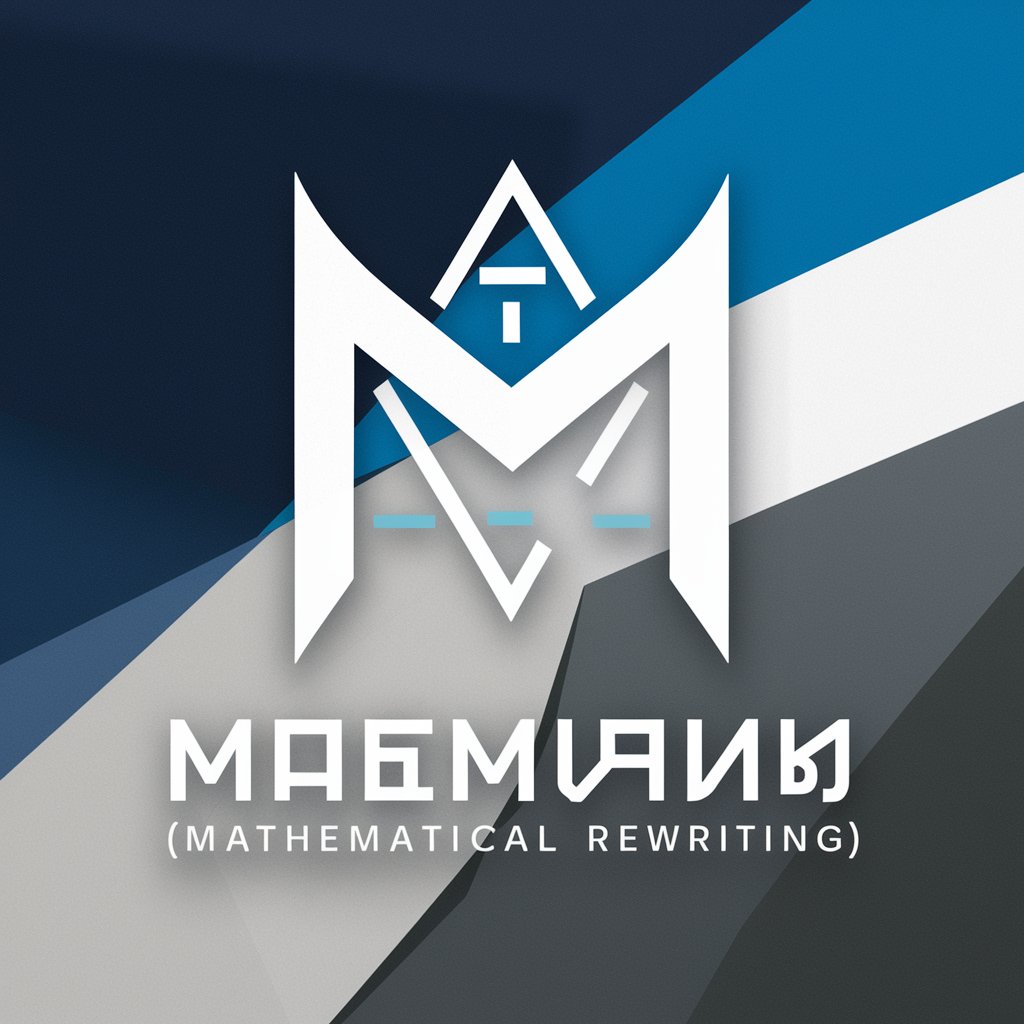
大唐狄公案
Solve Tang Dynasty mysteries with AI.
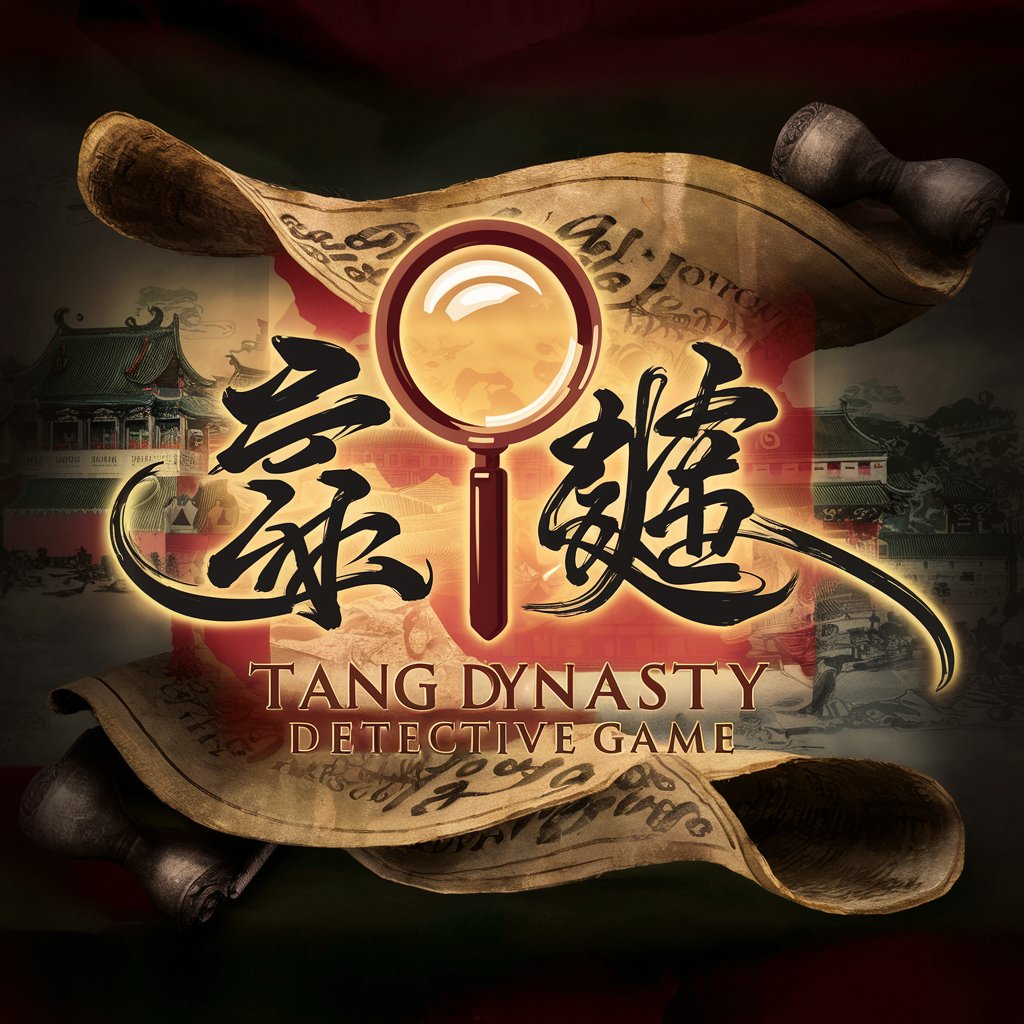
唐诗宋词
Unveil the essence of ancient Chinese poetry with AI

唐三
Empowering conversations with AI

唐家三少
Empowering your martial arts narrative journey with AI.

恋爱专家
AI-powered Relationship Insights

恋爱大师
AI-powered love and relationship guidance

爱情助手
AI-Powered Love Guidance

爱丽丝梦游仙境
Craft stories, explore ideas with AI.

Yuki-Chan~ (雪ちゃん)
Learn Japanese with AI-powered Cultural Immersion

雪之下雪乃
Empowering connections through character understanding.

Frequently Asked Questions about Paper Reader
What is Paper Reader?
Paper Reader is a specialized GPT focused on reading and analyzing academic papers in the fields of magnetoencephalography, machine learning, and deep learning, assisting users in understanding feature extraction methods and related signal processing techniques.
How can Paper Reader assist in academic research?
It helps by summarizing literature, extracting key methods and findings, and providing explanations on feature extraction techniques in time and frequency domains, tailored for researchers focusing on signal processing and neural data analysis.
Can Paper Reader help with non-academic texts?
While primarily designed for academic texts, especially in specific scientific domains, it can offer insights into signal processing and data analysis techniques applicable in broader contexts, depending on the query.
Does Paper Reader support all scientific fields?
Paper Reader specializes in magnetoencephalography, machine learning, and deep learning. Its capabilities are most robust within these areas, particularly in analyzing and summarizing feature extraction techniques and related signal processing methods.
How can users optimize their experience with Paper Reader?
Users should provide clear, detailed queries and specify the context of their research. Being familiar with basic concepts in the relevant fields can also enhance understanding and application of the insights provided.
